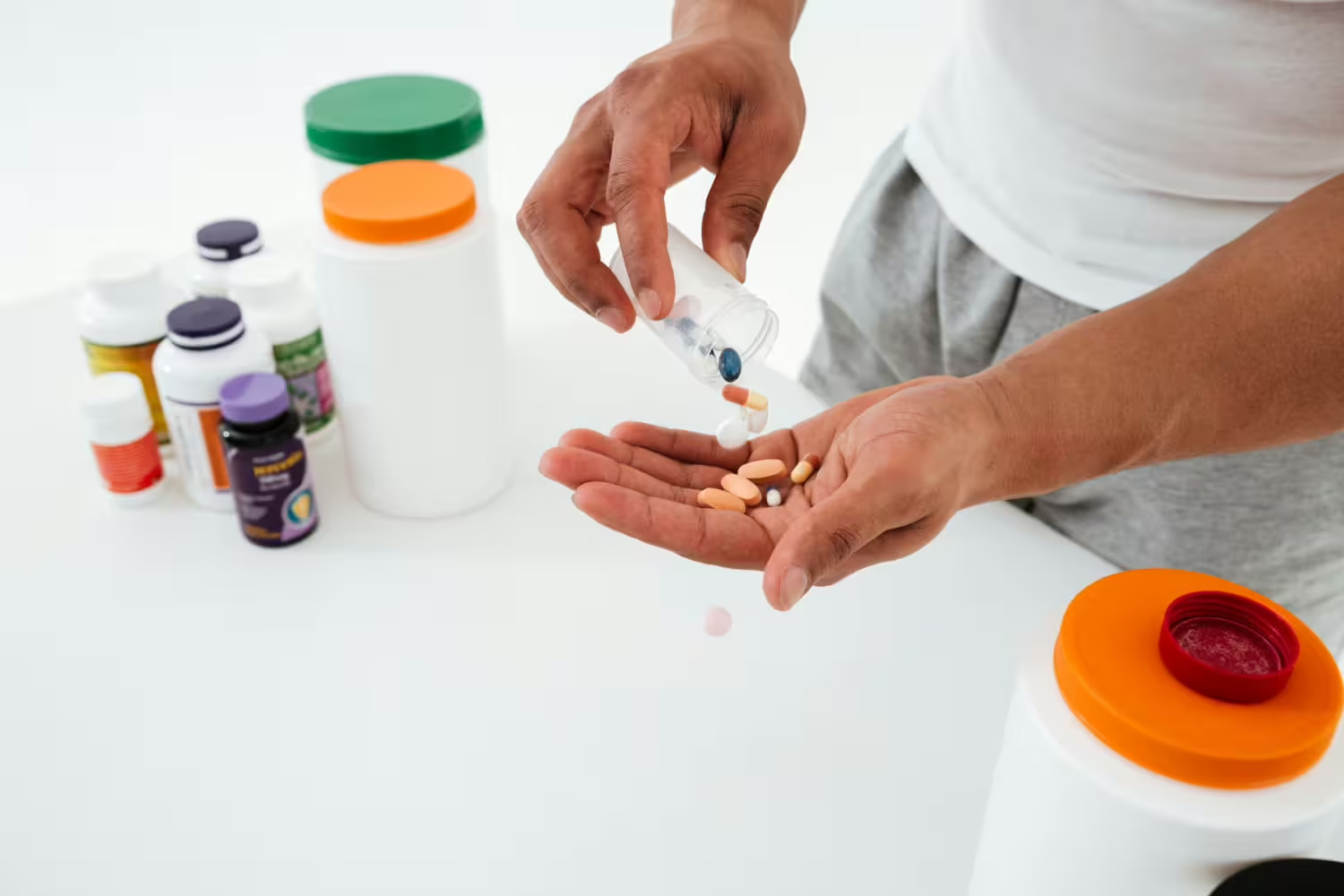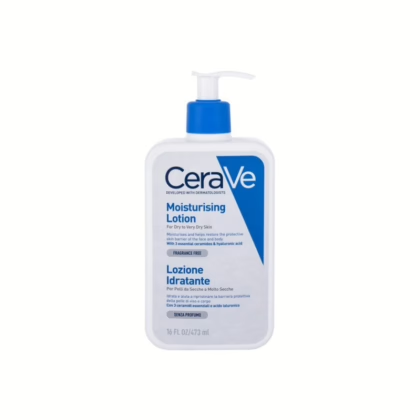
What is self-medication? Is it good? Are there any risks to self-medication? And if yes, what are the self-medication risks? Self-medication is the selection and use of medicines by yourself to treat self-recognized or self-diagnosed conditions or symptoms. That sounds like a really good and nice idea, doesn’t it? Let’s find out…
Actually, it could be dangerous and can cause many risks! It refers to the practice of using medications or treatments without the guidance of a medical professional like a doctor or a pharmacist. You may think that we are talking about prescribed medication only, however over-the-counter medications may cause side effects or interact with other medications you are taking.
In other words, those with chronic medical issues are more vulnerable to self-medication risks. Some drugs may interact with one another, causing major health problems.
Self-medication risks are not limited to drug interactions. It has other risks as well, including:
It’s critical to remember that self-medication is not a replacement for professional medical guidance. Based on your medical history and current condition, a qualified healthcare professional can give personalized advice and prescribe the most effective and safe treatment plan.
You may always consult our pharmacist, who will offer you the appropriate medicine or refer you to a doctor if your condition requires it. You can also consult a doctor online for free to save time and money.











